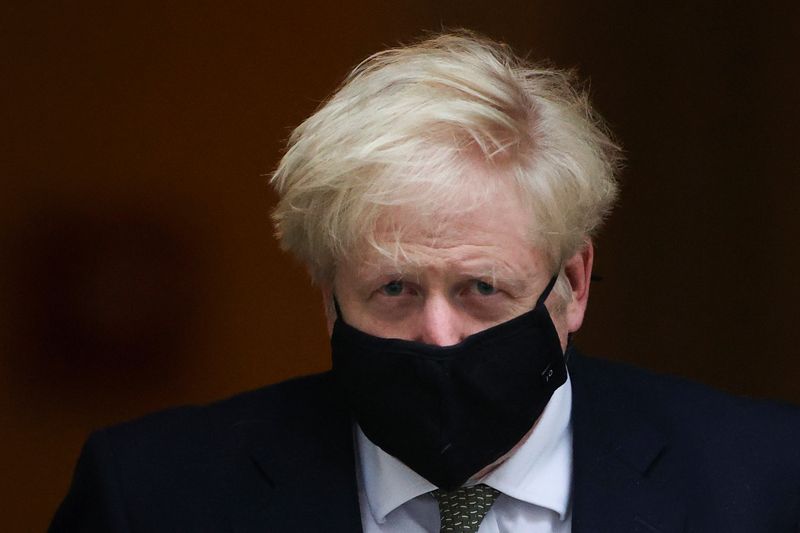PARIS (Reuters) - French producers of foie gras are urging customers to eat the delicacy for Christmas to make up for a slump in demand from restaurants because of COVID-19 restrictions.
Global demand for premium foods has plunged since the spring, with thousands of restaurants shuttered and many economies sliding into recession amid the coronavirus pandemic.
A second wave of COVID-19, which this week forced the French authorities to announce night-time curfews, has put paid to industry hopes of a swift recovery.
"We have suffered a lot during this period," said Michel Fruchet, chairman of French foie gras industry group Cifog.
Producers' hopes now rest on the year-end festivities, which traditionally account for about 70% of total foie gras sales each year.
To boost Christmas sales, the foie gras industry has arranged with major food retailers to have marketing drives in their stores, and the industry is staging a "foie gras week" at the start of December to raise awareness about the product.
Foie gras is considered a gourmet food in Western and Asian cuisine and a piece of French culinary heritage, but the practice of force-feeding ducks or geese to make the pate is condemned as cruel by animal activists.
The COVID-19 crisis comes after the foie gras industry had already suffered last year from a new regulation limiting promotions and discounts in shops, and two consecutive bird flu crises in 2016 and 2017 that led to a halt in production and a cull of millions of ducks.
With restaurants - the biggest customers in France for foie gras - either closed or keeping reduced hours during the COVID-19 crisis, the industry was forced to cut production.

"For 2020, production will be 13% lower than that of 2019," Fruchet said.